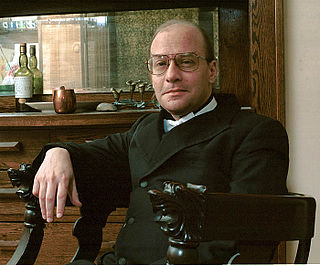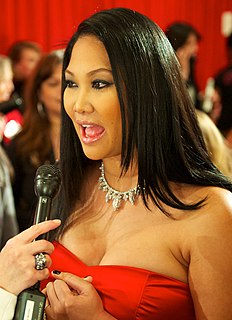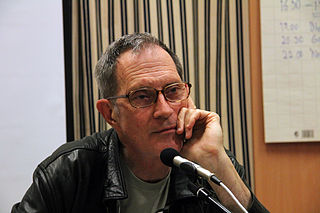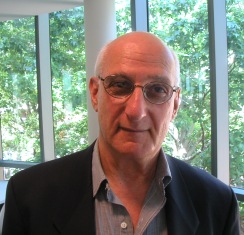A Quote by John M. Ford
The ideal, it seems to me, is to show things happening and allow the reader to decide what they mean.
Related Quotes
Don't accept less than what it is that you know that you want. Don't allow someone to be a jerk. Don't allow someone to disrespect you. Listen to the bigger voice in your head telling you that you deserve the best, whatever that is whatever that is you decide you like for yourself. It may differ from what I like or what is ideal for me. But the bottom line is to never accept less than what you know you deserve.
What "Make America Great" means is it doesn't mean race, and it doesn't mean gender, and it doesn't mean sexual orientation, and it doesn't mean anything identity politics related that seems to appeal to the Democrat Party. It's about a culture. It's about an identity. It's about an idea - the American idea, the American ideal.
The idea that it's smart to allow Wall Street firms, with this "too big to fail" imprimatur, to become hedge funds again - it's unconscionable. You're essentially saying we're going to take some elites in our society and let them roll the bones in the marketplace, and if it works out they get rich, and if it doesn't work out the taxpayer comes in again. That seems absolutely crazy to me. That seems to be where they're headed. I mean, maybe they're not and I'm wrong. Maybe they'll do sensible things. It's hard to know! There doesn't seem to be a plan.
Literature for me… tries to heal the harm done by stories. (How much harm? Most of the atrocities of history have been created by stories, e.g., the Jews killed Jesus.) I follow Sartre that the freedom the author claims for herself must be shared with the reader. So that would mean that literature is stories that put themselves at the disposal of readers who want to heal themselves. Their healing power lies in their honesty, the freshness of their vision, the new and unexpected things they show, the increase in power and responsibility they give the reader.
I've long come to the conclusion that when people say they can't put a book down, they don't mean they're interested in what's happening next; they mean they are so mesmerised by the writer's voice and the relationship that has been established that they don't want to break that. That's what I feel when I read, and I'm sure now that that's what's going on in the relationship between the reader and the writing.





































